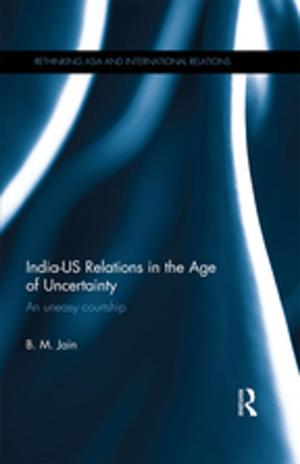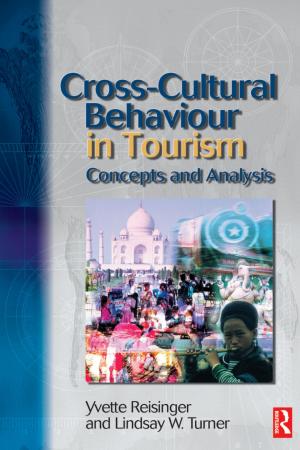Maoism in India and Nepal
Nonfiction, Social & Cultural Studies, Political Science, Government, Communism & Socialism, International, International Relations, Social Science| Author: | Ranjit Bhushan | ISBN: | 9781317412328 |
| Publisher: | Taylor and Francis | Publication: | September 25, 2015 |
| Imprint: | Routledge India | Language: | English |
| Author: | Ranjit Bhushan |
| ISBN: | 9781317412328 |
| Publisher: | Taylor and Francis |
| Publication: | September 25, 2015 |
| Imprint: | Routledge India |
| Language: | English |
Why are Maoist, Naxalite and Left extremist movements taking root in the most backward and underdeveloped regions of South Asia? This book examines this multi-layered question in democracies such as India and Nepal through an analysis of these movements as well as their leaderships and ideologies. Through a series of detailed interviews and dialogues, it sheds fresh light into the minds and actions of people who have critically defined the nature of Maoism and related movements in the region. Weaving together diverse narratives, voices, and streams of dissent, this first-of-its-kind volume brings cohesion to the seemingly fragmented but formidable Maoist politics in South Asia. It also highlights how such ‘civil wars’ are embedded into the larger politics of the region.
Perceptive and lucid, this book will be of great interest to scholars and researchers of politics, sociology, peace and conflict studies, and security studies, especially those concerned with Maoism and social movements. It will also be useful to government institutions and policy-makers.
Why are Maoist, Naxalite and Left extremist movements taking root in the most backward and underdeveloped regions of South Asia? This book examines this multi-layered question in democracies such as India and Nepal through an analysis of these movements as well as their leaderships and ideologies. Through a series of detailed interviews and dialogues, it sheds fresh light into the minds and actions of people who have critically defined the nature of Maoism and related movements in the region. Weaving together diverse narratives, voices, and streams of dissent, this first-of-its-kind volume brings cohesion to the seemingly fragmented but formidable Maoist politics in South Asia. It also highlights how such ‘civil wars’ are embedded into the larger politics of the region.
Perceptive and lucid, this book will be of great interest to scholars and researchers of politics, sociology, peace and conflict studies, and security studies, especially those concerned with Maoism and social movements. It will also be useful to government institutions and policy-makers.















